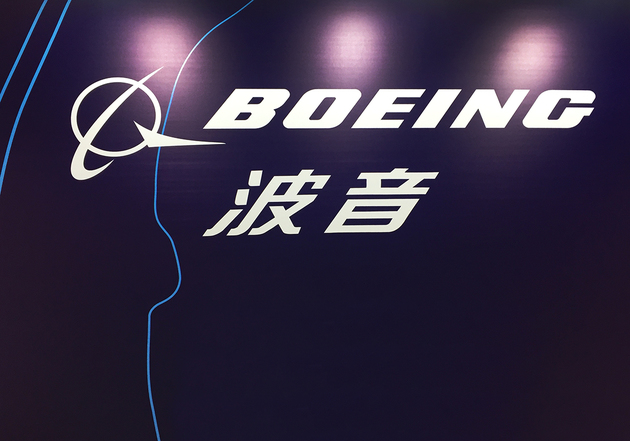
File Photo/NBD
1. New Generation of Targeted Drugs Can Improve Progression-Free Survival of Patients with ALK-Positive Lung Cancer
Pfizer's global R&D team has released long-term follow-up results for the targeted drug "third-generation anaplastic lymphoma kinase (ALK) inhibitor". The data showed that in the third-generation ALK inhibitor treatment group, 60% of patients with ALK-positive advanced non-small cell lung cancer (NSCLC) were still alive without disease progression or death after 5 years of treatment. This indicates that compared with the first-generation ALK inhibitor, the new generation inhibitor can improve the progression-free survival rate of patients with ALK-positive lung cancer. The relevant paper has been published in the American Journal of Clinical Oncology.
Commentary: Pfizer's third-generation ALK inhibitor significantly improves patient survival, which will strengthen its competitiveness in the field of tumor treatment.
2. Boeing's "Starliner" manned test flight postponed again
According to foreign media, the first manned flight of Boeing's "Starliner" spacecraft has been postponed again. The launch mission was originally scheduled for 12:25 PM Eastern Time on June 1, 2024, at the Cape Canaveral Space Force Base in Florida, USA. The reason for the postponement has not been announced, and Boeing has not yet selected a specific time to complete the mission.
Commentary: The repeated postponement of Boeing's "Starliner" may affect its competitive position in the commercial aerospace field and increase uncertainty for investors and partners.
3. University of Cambridge develops a low-emission recycled cement method
According to a research report published in the latest issue of British Nature, researchers from the University of Cambridge have found that adding waste cement to the waste steel remelting process can solve the problem of excessive greenhouse gas emissions in cement production. Waste steel is remelted with materials such as quicklime in an electric arc furnace to obtain new steel, and quicklime acts to remove impurities from waste steel. Researchers say that if waste cement is used to partially replace quicklime in the electric arc furnace and then a small amount of oxide materials is added, it can kill two birds with one stone. On the one hand, steel is recycled, and on the other hand, waste cement is finally generated in this process. New active cement.
Commentary: This research provides an environmentally friendly alternative for cement production, which is expected to promote the construction industry to reduce its carbon footprint and promote sustainable development.
4. US FDA approves Moderna RSV vaccine
American vaccine maker Moderna announced that its respiratory syncytial virus (RSV) vaccine has been approved by the US Food and Drug Administration (FDA). Moderna said that the newly approved RSV vaccine is for the elderly population (60 years of age and older) to prevent lower respiratory tract diseases caused by RSV infection. According to Moderna, the approved vaccine is the world's first mRNA RSV vaccine, which will be marketed under the brand name mRESVIA.
Commentary: The approval of Moderna's RSV vaccine marks the further application of mRNA technology in vaccine development, providing a new preventive option for the elderly population.
Disclaimer: The content and data in this article are for reference only and do not constitute investment advice. Please verify before using.


 川公网安备 51019002001991号
川公网安备 51019002001991号





